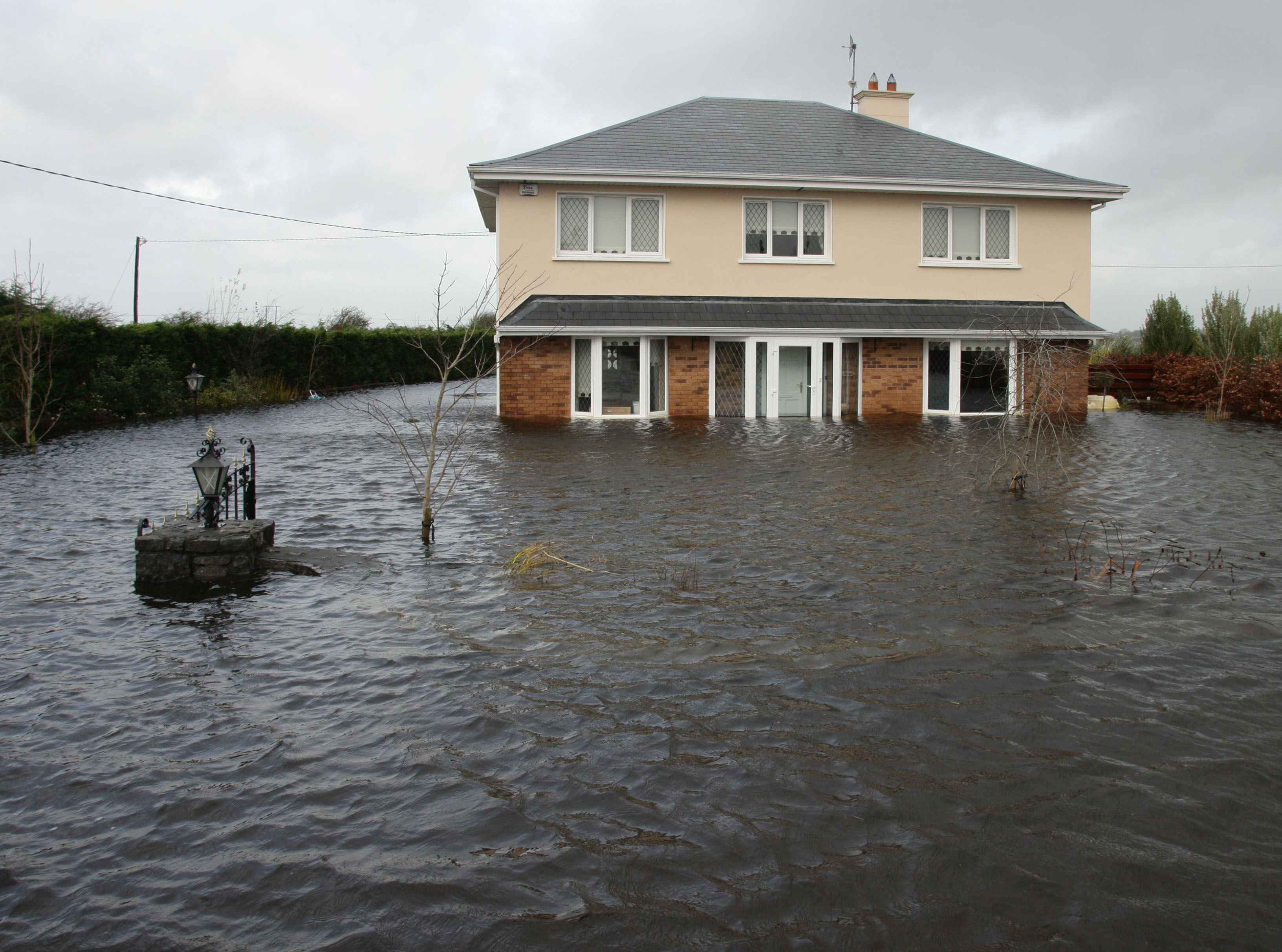Galway Senator Fidelma Healy Eames highlights that the aid provided by the Department of Social Protection to assist people affected by recent flooding is more timely and generous compared with previous schemes. It takes cognisance of the fact that climate change is a reality and that homes and families must be supported quickly and efficiently.
Key briefing points follow:
- The Department of the Environment, Community and Local Government is the lead Department for severe weather emergencies and the Office of Public Works has responsibility for capital flood relief activities.
- The Department of Social Protection (DSP) has an important role to play in assisting households in the immediate aftermath of emergency events such as the recent severe weather conditions.
- DSP Community Welfare Service (CWS) Emergency clinics are in place to provide assistance to those in the worst affected areas. This service is being supplemented by facilitating customers by appointments and making house calls to those requiring this level of support. For example, by Thursday 6th Feb in Limerick some 160 people had been seen in the CWS clinics and the homes of over 50 vulnerable people had been visited.
- DSP is assessing and meeting the demands of the public as they arise. The situation on the ground is being monitored and DSP staff are engaging with the local authorities and other agencies and community groups to ensure supports are being provided to those affected as swiftly as possible and that Community Welfare Service contact details are being provided to those seeking support.
3 Stage Approach
In dealing with emergency events of this nature, the DSP generally adopts a three stage approach as follows:
- Stage 1 is to provide emergency income support payments (food, clothing and personal items) in the immediate aftermath of the event. A relatively small amount of financial assistance is generally provided initially but this will increase as the extent of the problems become clearer. The response on the ground to the current flooding is at this stage with payments issuing mainly in respect of food, clothing, toiletries and accommodation.
- Stage 2 generally involves the replacement of white goods, basic furniture items and other essential household items. It is not until the flood water abates and houses dry out that the full extent of the damage to homes will become known.
- Stage 3 is to identify what longer term financial support or works are required. It could take several months before this stage of response commences and this involves a cross Departmental/Agency response. Assistance toward the cost of repairing structural damage may be considered where this is not covered by the householder’s insurance. It is expected that this may arise in particular geographic locations where householders could not secure insurance on reasonable terms—or at all—because of earlier flooding incidents. Work carried out can include plastering, dry-lining, relaying of floors, electrical re-wiring, painting etc
Funding
- A Humanitarian Assistance scheme was approved by Government in November 2009. The Government authorised the spending of up to €10 million in humanitarian aid to households affected by flooding. The total spend to the end of 2013 was approximately €2.2 million in respect of approximately 3,500 payments.
- Of the total expenditure for 2013, five households were paid a total of €51,450 for refurbishment work to their homes, with payments ranging from €16,870 to €825 for work carried out such as plastering, dry-lining, relaying of floors, electrical and painting.
- An additional sum of some €15 million has been approved in line with the recent Government commitment to ensure that there are adequate resources to meet the required responses.
- The Humanitarian Assistance scheme, which is means tested, is being made available to assist people whose homes are damaged by flooding and who are not in a position to meet costs for essential needs, household items and in some instances structural repair.
- The Government has not set a limit on the amount that can be paid to an individual household under this scheme. Levels of payment depend on the relative severity of damage experienced and the household’s ability to meet these costs.
- The income test for Humanitarian Assistance is fair and the means assessment is more generous that that applied under the Supplementary Welfare Allowance scheme in general. For example, a family consisting of a couple and two children with a gross household income of €70,000 or less will receive 100% of the amount allowable in respect of their application. For each whole €1,000 of household income above the €70,000 the couple will be required to make a personal contribution of 1% toward the amount allowable. The amount allowable in any particular case refers to the amount the officer administering the scheme determines is required to replace essential losses and to make any essential repairs.
- The humanitarian aid schemes had certain conditions attached to ensure that funding is targeted to those most in need.
- The schemes provide hardship alleviation assistance as opposed to full compensation to householders affected by the flooding.
- Damage to a person’s home and its essential contents, such as carpets, flooring, furniture, household appliances and bedding, will be considered for assistance.
- Structural damage may be considered.
- Eligibility is subject to an income test.
- Assistance will not be given for losses which are covered by insurance.
- Commercial and business losses will not qualify for humanitarian assistance.



